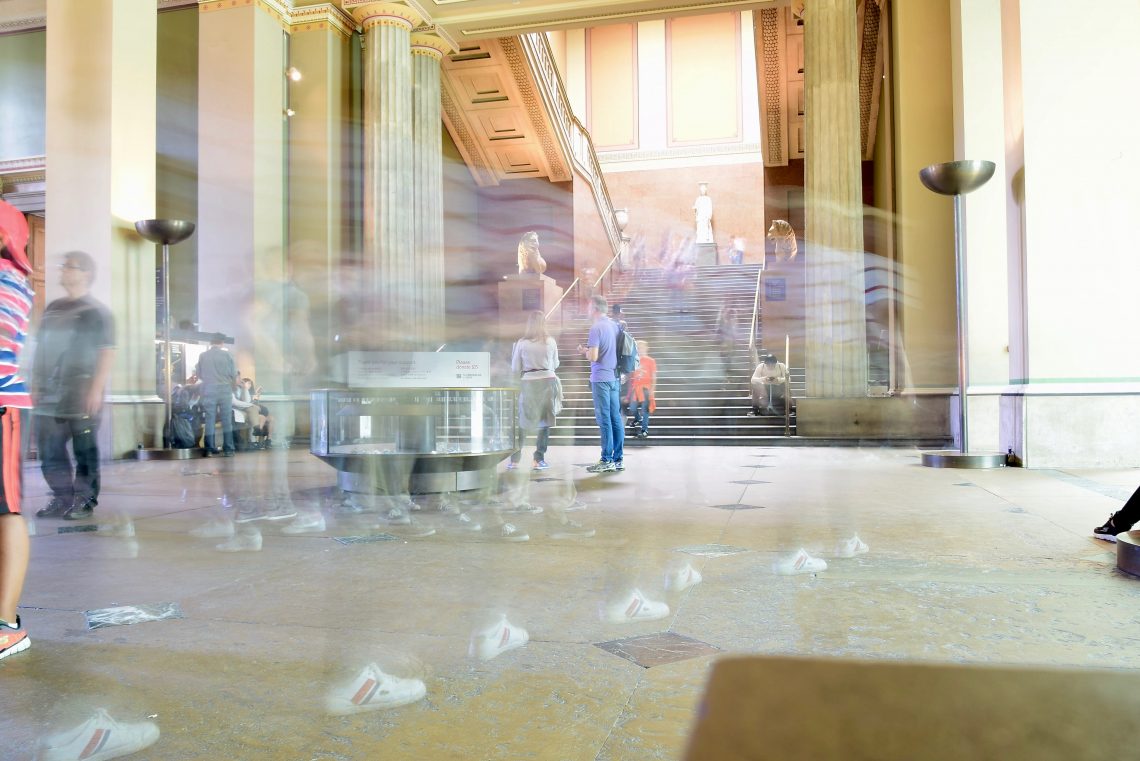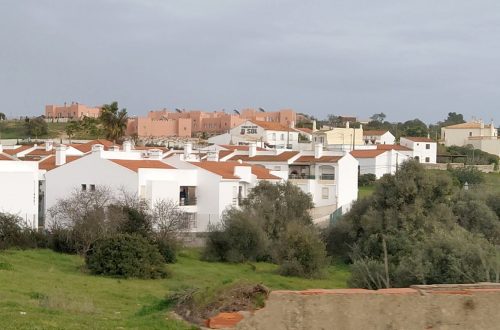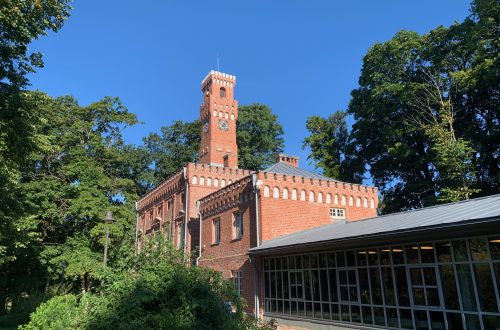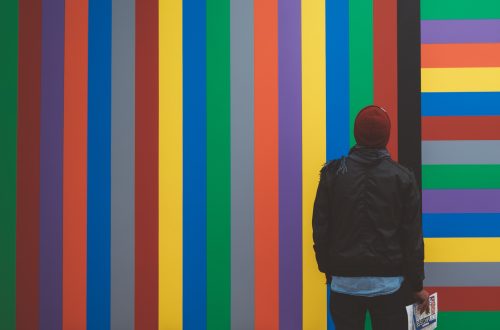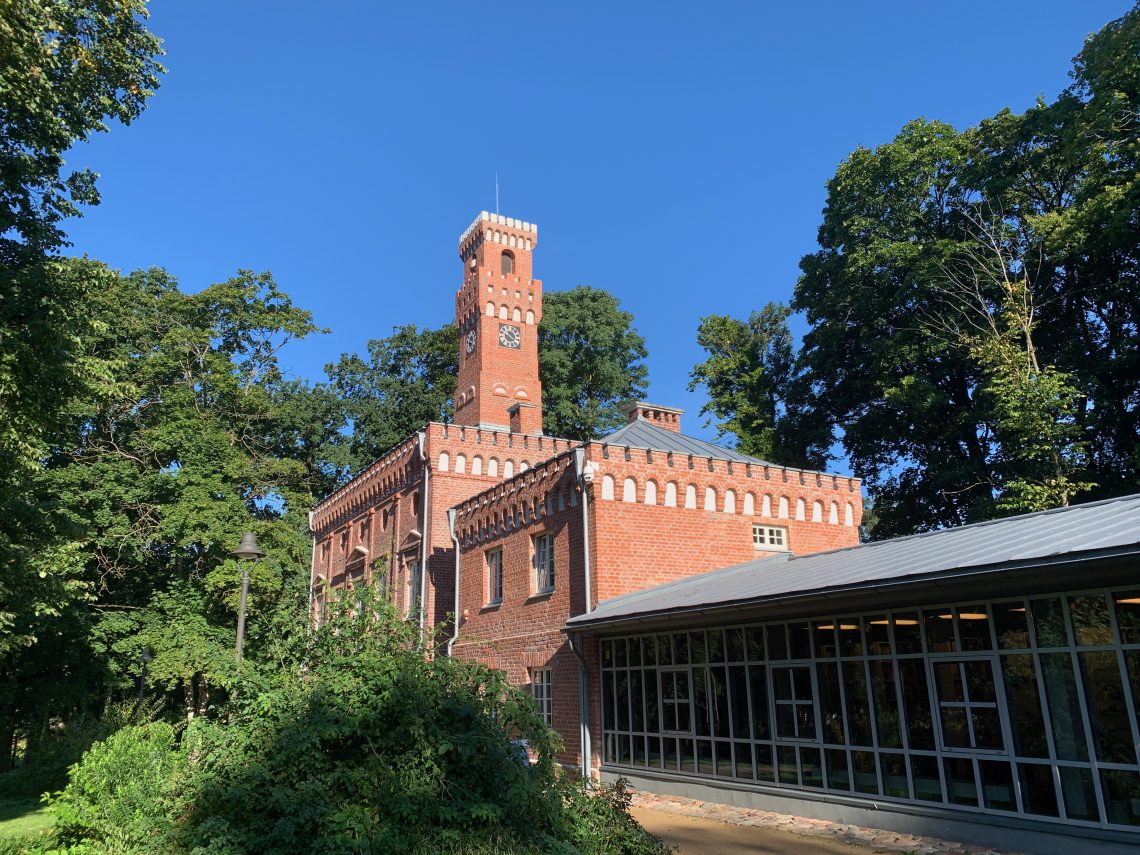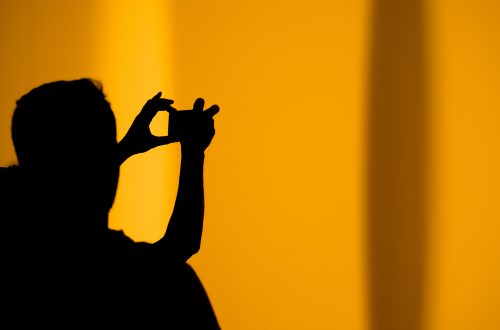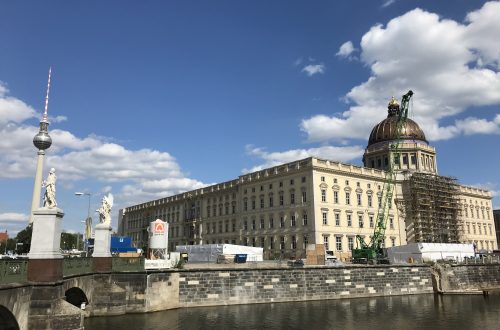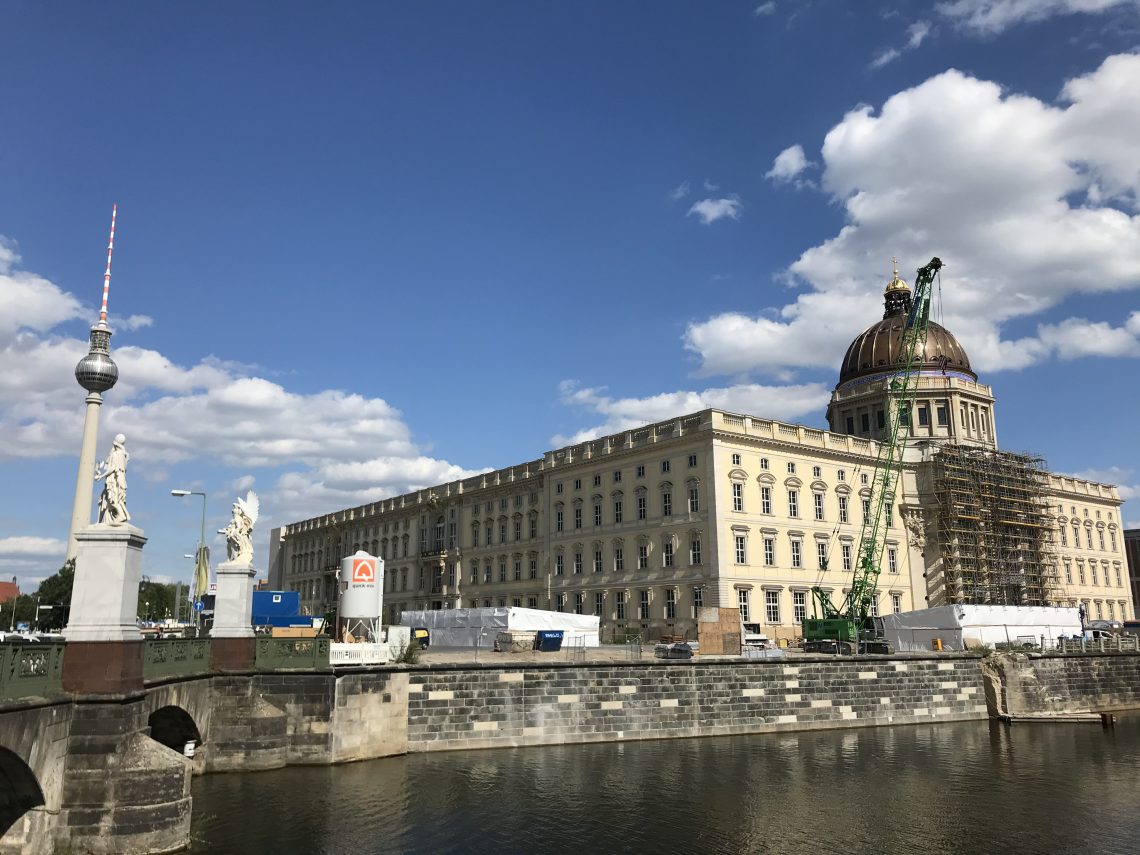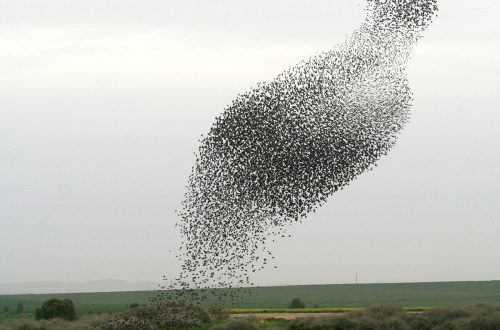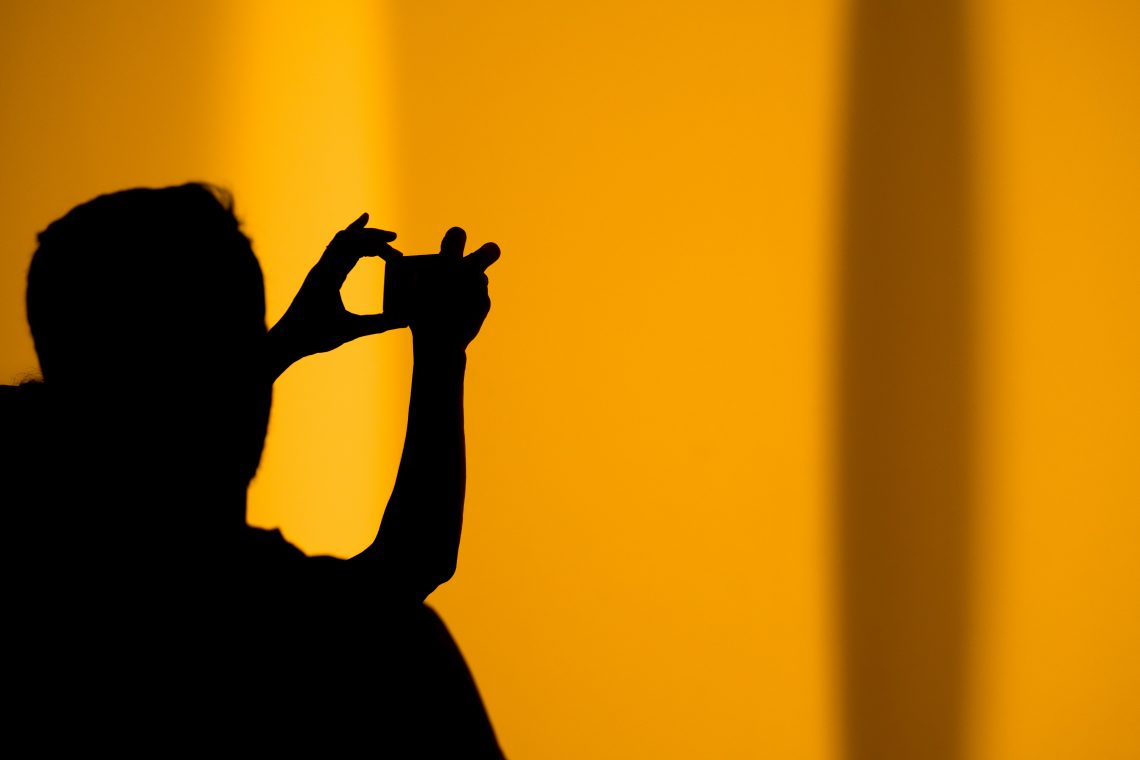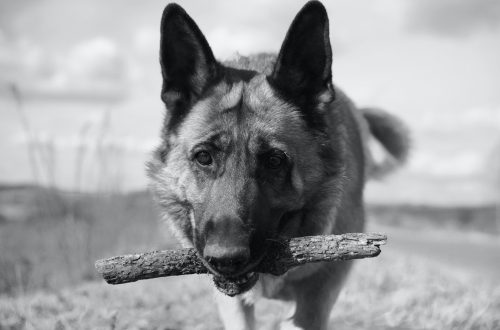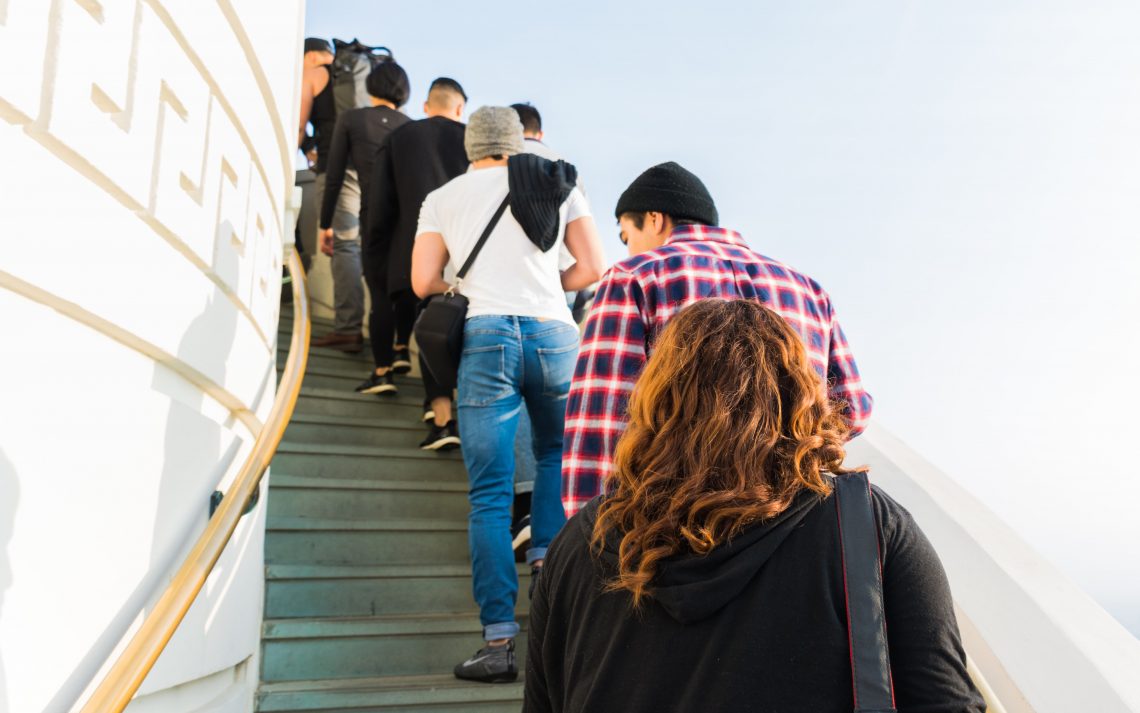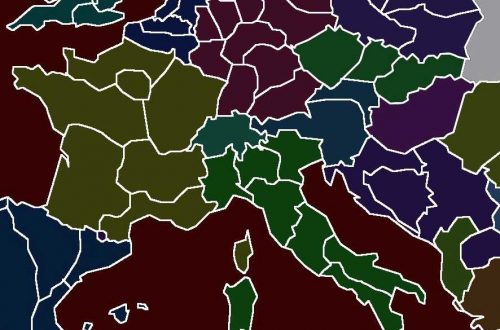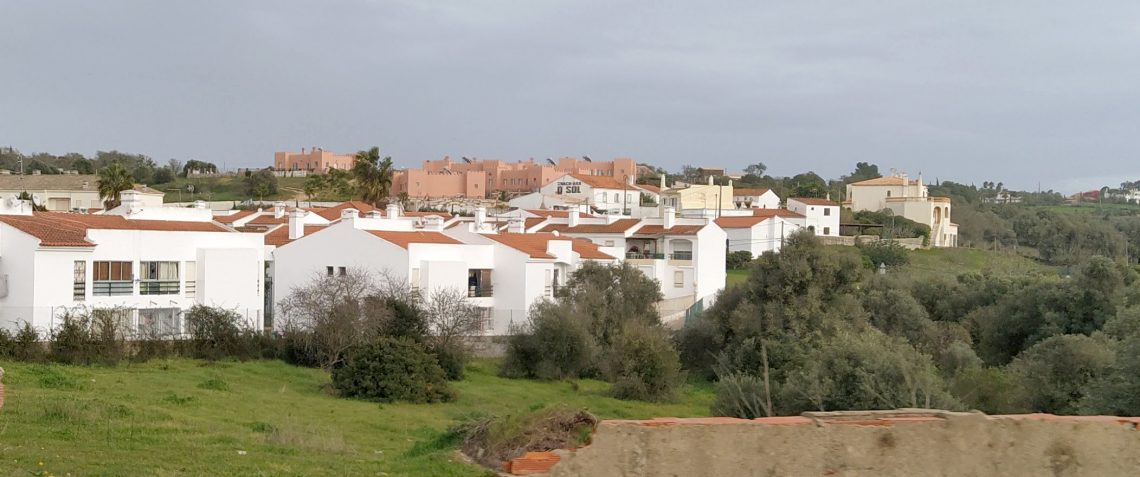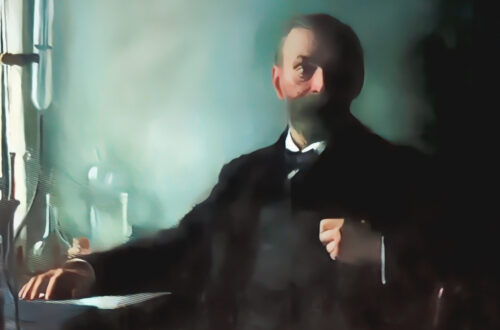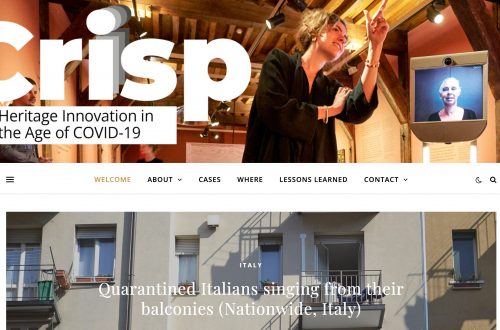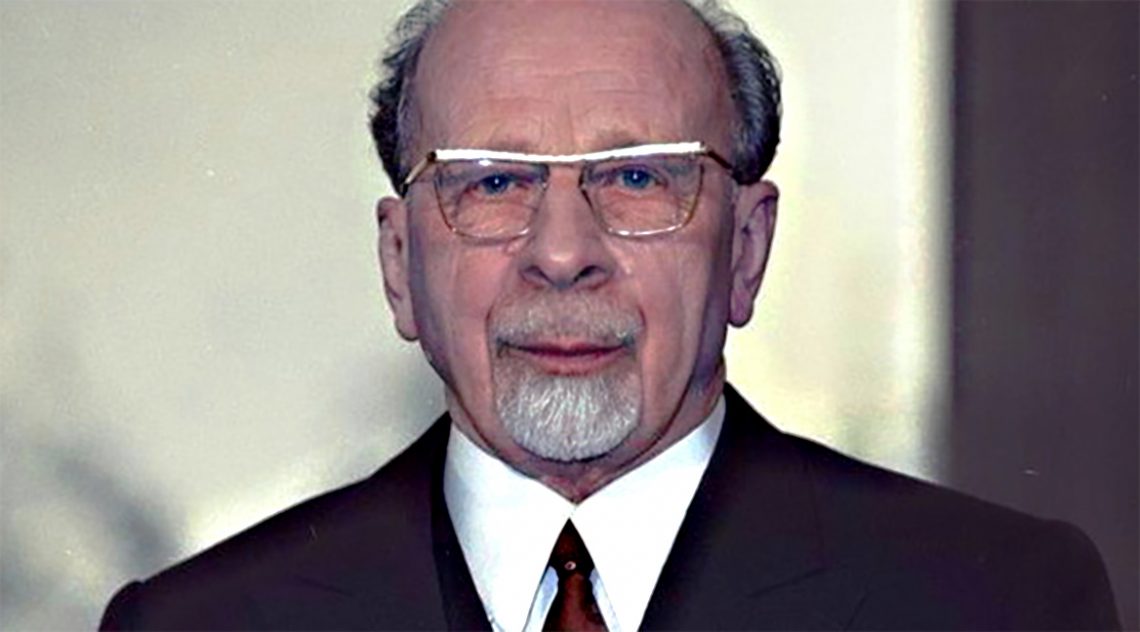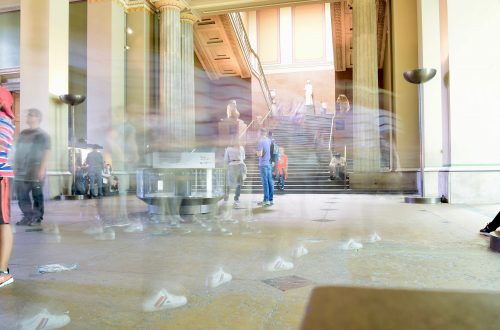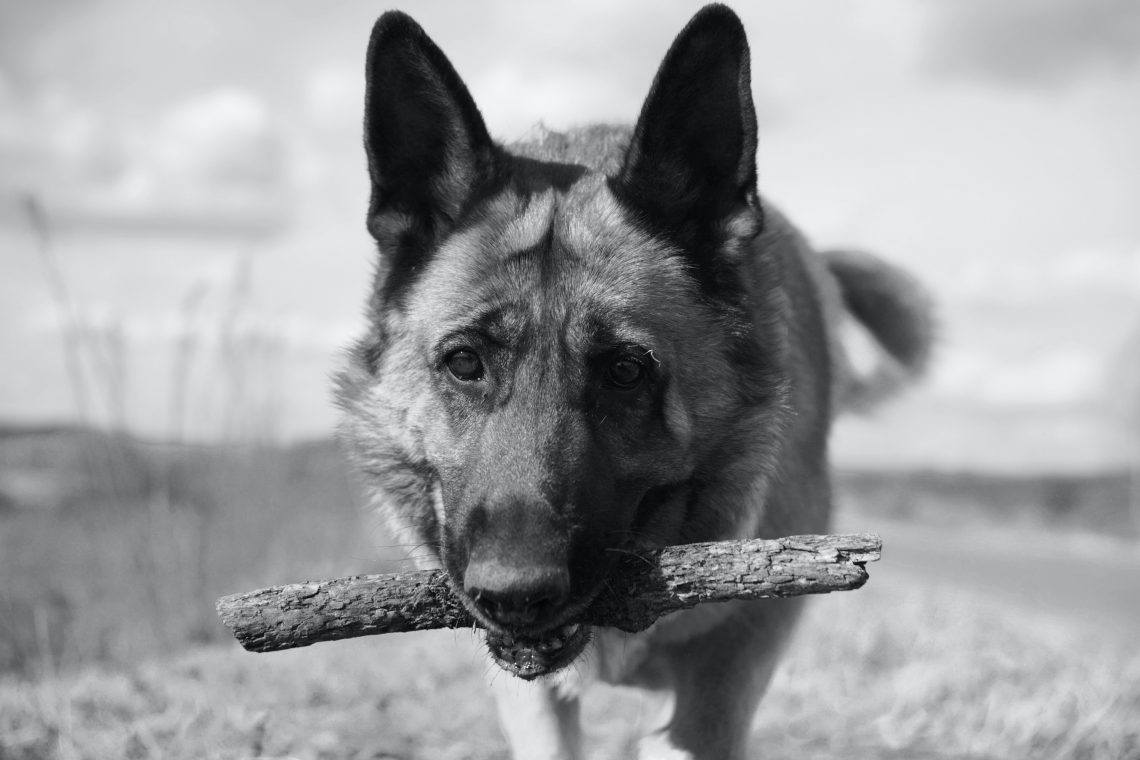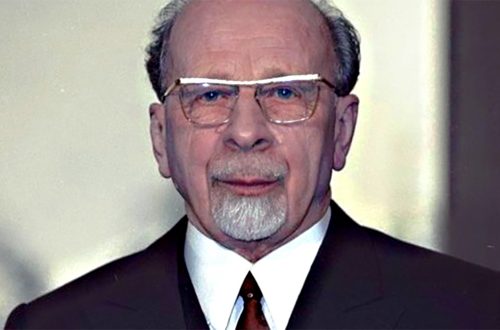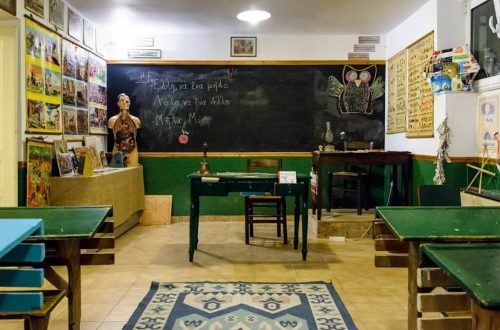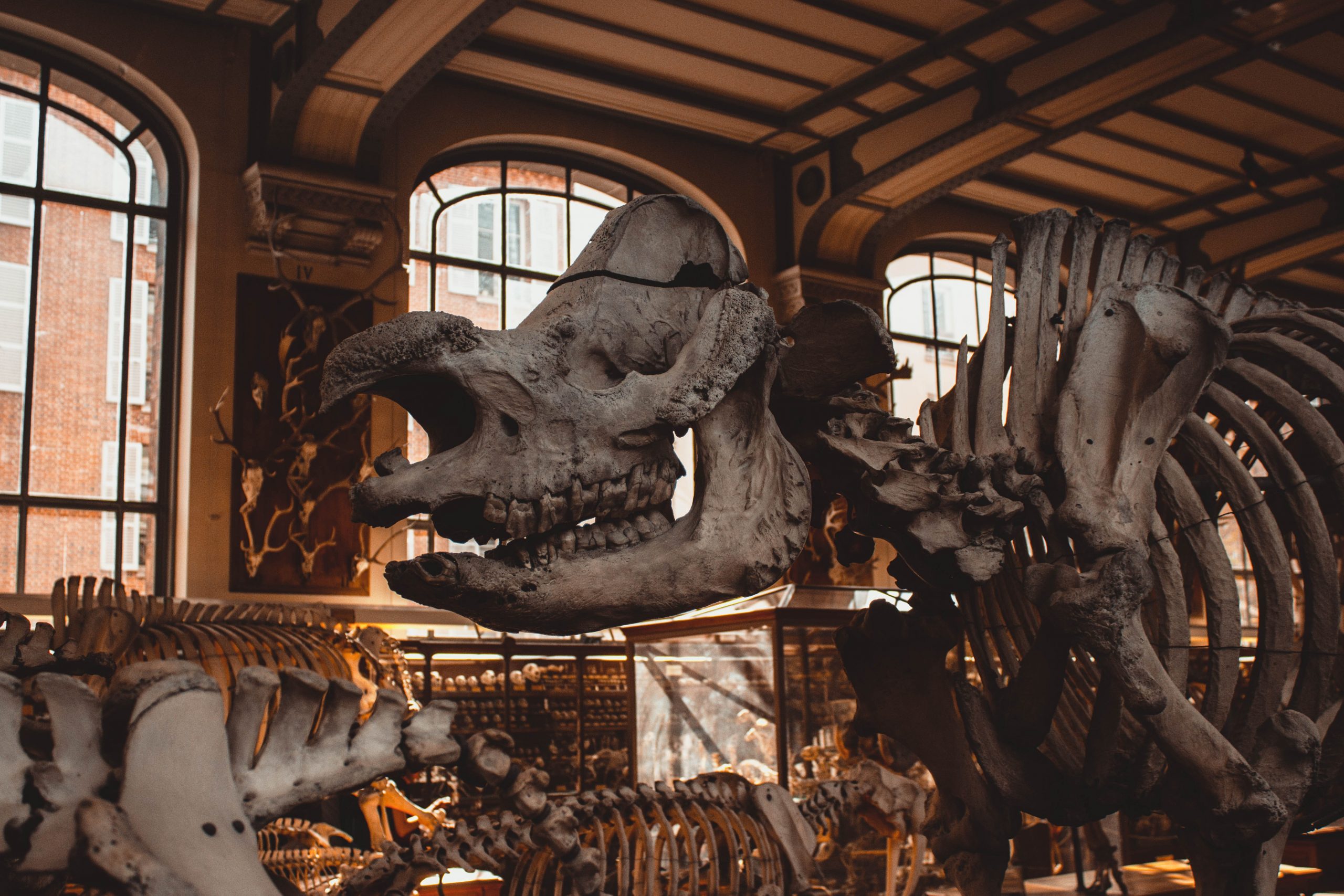-
Addressing Current Questions in Heritage Management: the Bach Project has been approved!
The modern age, with its focus on issues such as sustainability and inclusion, poses new challenges for leading cultural heritage institutions. To help find new, innovative ways of addressing these in the management of heritage, Quiosq enthusiastically joined the proposal for the Erasmus+ project BACH (Business Acumen and Communication for Heritage).
-
CRISP in Plungė
We have already told you about the CRISP project, meant to research COVID-related initiatives in the cultural heritage sector focusing on best practices. It is something dear to our hearts, also because it was the very first project we initiated ourselves.
-
The Humboldt Forum: a portal between two of Berlin’s identities?
The Berlin Stadschloss, or Humboldt-Forum by its official name, has finally opened.[1]Its literal translation into English would be “city castle”, but that doesn’t do it entirely justice since it was never a fortification. “City palace” seems more accurate. After decades of architectural and ideological haranguing, it was completed largely within budget and within the time allotted, something of an achievement in modern Berlin, it seems. And despite the criticism, I want to argue that the palace that we see today is an almost perfect solution: for the site, but more importantly for the city. The original palace was removed in 1950 because the authorities of the GDR considered it too…
-
Training Heritage Concepts, Values and Authorship – the first WAAT training
The WAAT project (We Are All Together to raise awareness of cultural heritage) will provide for knowledge and skills to produce short films, which are to be used to educate adults about values of cultural heritage in different European countries. The project achieves this through self-made video productions. Furthermore, these films should add to the exchange of heritage values and promote contact in a sustainable way. The first activity of the WAAT Project was a three-day online training on concepts of heritage and heritage values, that took place on April 6-8, 2021 The training was organized by Quiosq Heritage Projects, a Dutch company founded by Bob Crezee, Marieke van der…
-
The CRISP project: involving people with heritage
Due to the Corona crisis, almost all cultural heritage institutions have seen a huge decline in their visitor numbers; museums as well as galleries, archives, and libraries. This decline relates to all types of visitors and users, but especially to adults and in many cases, it amounts to 50% or more. Even after restrictions were lifted, audiences did not return immediately, and the expectations for the future are not very hopeful.
-
A castle in the Al-Gharb as a symbol of power change
On the road between Carvoeiro and Lagoa in the Algarve drivers are greeted by a sight that is simultaneously familiar and bewildering. On top of a hill, a pinkish Moorish castle is clearly visible. That is to say, there’s a building whose design and position clearly refers to such a castle. Closer inspection reveals it to be a holiday resort, the Aldeia do Poeta or “poet’s village”.
-
It’s raining cats and dogs – and during New Year’s Eve, birds too
Shortly after New Year’s Eve this year, hundreds of dead starlings could be seen on the streets in the center of Rome. The birds hit buildings and power lines out of fear of the fireworks, and fell dead from the sky. This particularly happened on the famous Via Cavour, close to Rome’s central station, Termini.
-
How Rubbish Theory Turned the Dictator into a Mascot
Walter Ulbricht, strongman of the German Democratic Republic between 1949 and 1971, was not a very nice man, by all accounts: a rigid bureaucrat with a relentless survival instinct that cost more than a few comrades dearly. He was responsible for the building of the Berlin Wall, intiated the East German police state, and wasted few tears when dealing with internal troubles. In 1971, he got deposed through a typical Eastern Bloc palace coup and was replaced by another not very nice man, Erich Honecker. Yet despite his questionable resumé, Ulbricht’s reputation today is much better than that of his successor’s. How is that even possible?
-
Peaceful Vegetarians and Totalitarian Alsatians: Why Forgery Rests on Expectation
Successful forgeries generally have one thing in common: they fulfil a demand. This was also the basis of one of the most famous historical forgeries, and certainly one of the most profitable: the faking of Adolf Hitler’s “diaries” during the early 1980s. When the forgery came to light in 1983, its most astonishing aspect was the breathtaking gullibility on the part of people who more than anyone else should have been trusted to use their critical instincts: journalists. The German magazine Stern took years to overcome the debacle, which it never entirely succeeded in doing.
-
WAAT – A new platform for digital stories
We have signed the contract! From December 2020, Quiosq is participating in the Erasmus + project WAAT. WAAT is a project aimed at adult educators, and seeks to promote both the exchange of good practices and the development of new material to teach students about values of cultural heritage across different European countries.

